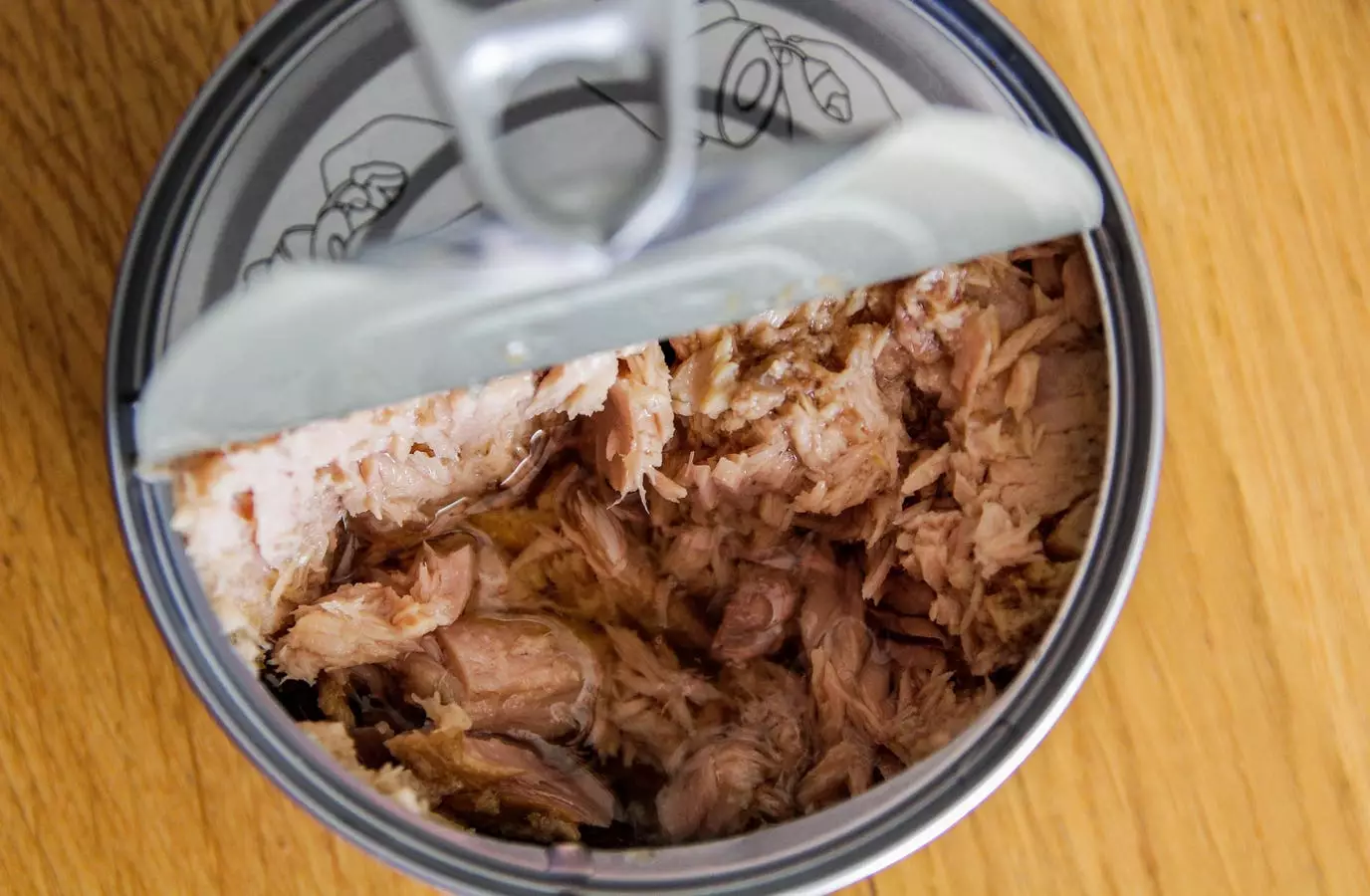Food recalls have been increasingly frequent in recent years, and those who frequently consume canned goods may feel the impacts directly. Recently, a significant recall involving canned tuna—a fixture in American kitchens—has highlighted serious concerns regarding food safety standards. Tri-Union Seafoods initiated a voluntary recall affecting popular brands such as Genova, Van Camp’s, and Trader Joe’s due to defects in the pull-tab lids of select canned tuna products. This announcement sent waves of concern through the retail landscape, particularly affecting consumers shopping at well-known retailers like Costco, H-E-B, and Walmart.
The recall’s genesis stems from fears of Clostridium botulinum contamination, the bacterium responsible for botulism, a potentially fatal foodborne illness. With the absence of reported illnesses, consumers may feel a false sense of security. However, the potential for the bacteria to proliferate undetected raises significant alarms about food safety protocols and the operational integrity within an increasingly complex global supply chain.
Tri-Union Seafoods acted out of what they termed “an abundance of caution” following the discovery of a manufacturing defect that compromised the seal on the cans. This defect could allow harmful bacteria to cultivate in a seemingly unopened product. The recall specifically includes numerous varieties of Genova yellowfin tuna and Trader Joe’s solid white tuna, among others, all with “Best By” dates extending into 2028. The rising demand for shelf-stable foods like canned tuna has elevated the stakes for both manufacturers and consumers, making it essential to ensure that safety protocols are rigorously followed.
The FDA has advised consumers to scrutinize their pantry items carefully and return the implicated products for refunds. Yet, the real concern lies not only with this particular recall but with the broader implications regarding the safety of canned seafood products in general. Seafood production involves various international players, making traceability and regulatory oversight a complex issue.
Seafood supply chains face unique challenges that can jeopardize the safety and quality of products on the market. Unlike many food products produced domestically, seafood often comes from multiple countries, each with differing levels of regulatory compliance and safety standards. This complexity can obscure issues related to food safety, environmental impacts, and labor practices.
Research conducted by the Global Seafood Alliance indicates that although improvements in sustainable seafood practices are being made, regions such as parts of Asia and Africa still struggle with ensuring traceability and effective regulatory enforcement. The lack of transparency can lead to environmental calamities like overfishing while simultaneously exposing consumers to safety risks. Moreover, inconsistent quality control can lead to products that may not meet safety benchmarks, putting consumers in harm’s way.
Clarity from reputable organizations like NOAA Fisheries has underscored the importance of traceability as a critical tool for maintaining food safety and legality. However, effective tracking from source to shelf is hindered by a convoluted system that allows illegal or unregulated fishing practices to flourish. As a result, the integrity of our food systems is called into question.
For consumers who regularly purchase canned tuna or other seafood products, the recent recall serves as a wake-up call to be diligent about product verification and safety practices. It’s critical to check for specific can codes and “Best By” dates listed on the FDA’s website or through the recall notice issued by Tri-Union Seafoods. The UPC number and can codes are available on the bottom of the cans, making it easier for consumers to verify their purchases.
Despite the initial allure of a seemingly normal can, one must remain aware that Clostridium botulinum can thrive in the absence of obvious spoilage indicators like foul odors or discoloration. Ignorance in this case can lead to severe consequences; therefore, the recommended course of action is to focus on safety—returning any potentially affected cans rather than taking any risks with consumption.
Ultimately, the ongoing challenges surrounding the canned tuna recall point to more profound questions regarding food sourcing, sustainability, and safety oversight. As consumers become more conscientious about the food they purchase, the industry may be compelled to adopt greater transparency and accountability measures. While recalls may disrupt consumer habits temporarily, they serve as crucial moments for industry introspection and consumer vigilance.
In an era where food safety has become paramount, the lessons drawn from recent recalls cannot be overlooked. It is imperative for consumers to stay educated, informed, and active in checking their pantry for safety—because knowledge is not just power; in the realm of food consumption, it is essential for well-being.

